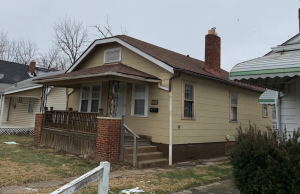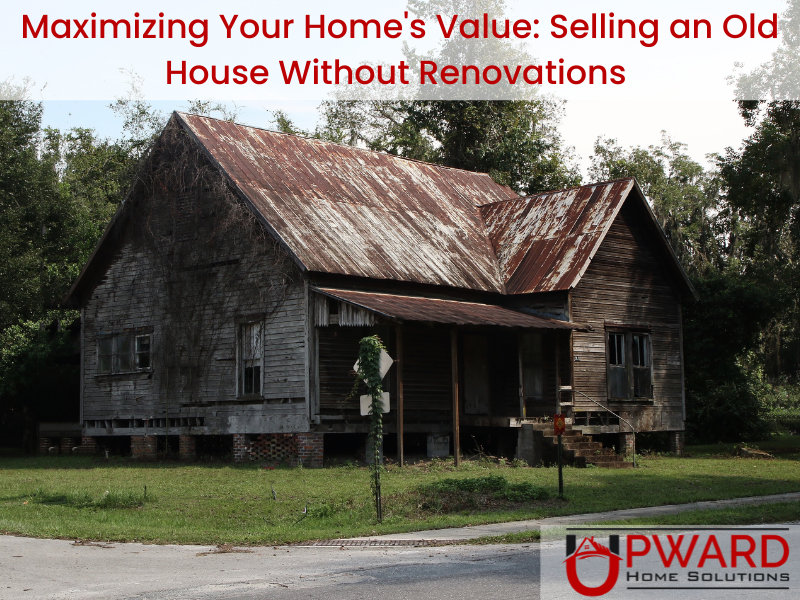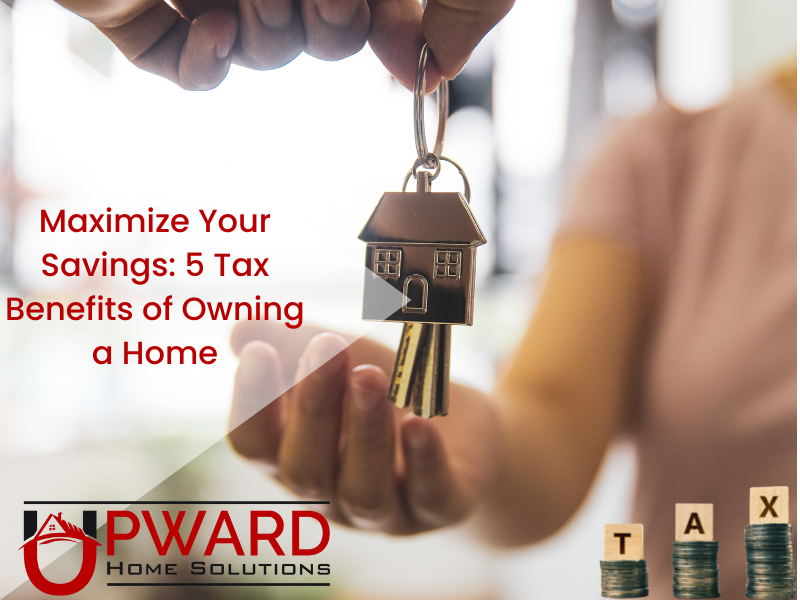
The Tax Implications of Selling a Rental Property in 2021
May 29, 2021
Understanding your tax situation is essential when you’re thinking about selling a rental property. As you are undoubtedly aware, selling a property involves jumping through some hoops, and Ohio taxes can get confusing. Not to worry, though; we’re going to dive into the nitty-gritty right here. We’ll take a look at how tax assessments work, the concept of depreciation, selling a second home, how to avoid paying capital gains, and ultimately, the tax implications of selling a house this year.
Let’s get started.

Table of Contents
How are property tax assessments done?
HowStuffWorks explains that property gets segmented for assessment purposes. It’s similar to the way a salesperson is assigned a territory or how a district is broken up for voting. These sectors are called “assessment areas” or “assessment units.” One assessment unit could be a whole city, or a single school district — the idea is that each tax assessor gets an area that is theirs to assess. The tax assessor will then perform property tax assessments within that area. To make the task more manageable, the assessor doesn’t actually visit every single property.
“Assessments are made by comparing the market value of similar properties. For example, if Mr. MacDonald sells his farm at a price close to his asking price, the tax assessor can use that sale price as a basis for the property tax assessments of farms similar to Mr. MacDonald’s.”
Now, with our newfound understanding of tax assessments in mind, let’s take a look at a little something called depreciation.
Ready to skip to the calculations? Plug your information in here:
Rental property tax calculator
What is depreciation?
If you’ve ever purchased a brand new car off the lot, you may be familiar with the borderline tragic effects of depreciation. By the time you’ve driven that car home, its value has already depreciated substantially. Of course, all sorts of other assets are subject to depreciation too, including rental properties.
TurboTax explains the ins and outs of claiming rental property depreciation. But essentially, if your property is “in service” (i.e. you’re generating income from it), you can file for a tax deduction.
What happens to depreciation when you sell a rental property?
As Motley Fool Contributor Jean Folger notes, when you sell a rental property on which you have claimed depreciation, you’re subject to an IRS procedure known as “depreciation recapture.” Basically, the IRS is going to come to you and say, hey… we’d like some of that money back now. This is where capital gains taxes come into play.
What are capital gains?
As this TurboTax article explains, a capital gain is an instance where you sell an asset for more than you put into obtaining it (as The Motley Fool notes, this includes all money spent on improvements and acquisition costs).
With this in mind, it’s easy to see how a rental property in an up-and-coming neighborhood could later be sold for much more, leading to a substantial capital gain.
How to avoid capital gains taxes when selling a rental property
If you’re wondering how to avoid capital gains tax when selling a rental property, you have more than a few options. David John Marotta for Forbes identifies 14 methods for avoiding the tax. I’ll briefly cover some of the key ones here, based on the information Marotta provides.
1031 exchange
A 1031 exchange is a relatively complex mess of paperwork. However, it’s a pretty effective way to avoid paying any capital gains tax. Basically, when you’re selling a rental property, if you take the sale income and roll it over into a “similar type of investment” inside of 180 days, you won’t have to pay the tax.
Stock exchange
Investors with valuable securities can apply for a stock exchange with services that will trade out their stock for a similarly valued but more diversified portfolio. This service can be pricey, but it may assist you in your quest to not pay such a high capital gains tax.
Health Savings Accounts
Contributing money to health savings accounts can make you eligible for a tax deduction. HSA growth isn’t taxed so long as you spend any funds you withdraw on eligible medical procedures.
Roth IRA and 401k
Investing in a Roth IRA or 401k can help grow your finances by either pushing tax payments to a better year or, in the case of a Roth IRA where taxes are paid upon deposit, allowing you to not pay them ever again.
Give stocks to family members
You can gift some of your stocks to family members in lower tax brackets. This can be of particular use to landlords in especially high tax brackets. Your family members will then “assume your cost basis for computing the gain but use their own tax rate.” This can be a super helpful way to avoid paying capital gains taxes.
Landlords have to deal with capital gains/capital losses and the resultant taxes every time they sell a rental. One exception is if you happen to have bought the property prior to September 20th, 1985.
Also of note: capital improvements made on a property decrease your capital gains on that property.
Selling a second home & the capital gains tax
According to Matt Frankel’s Motley Fool article, your capital gains taxation on a second home depends on three things:
- Length of homeownership
- Capital gains tax rate
- Your net profit
If you owned the home less than a year, you will pay taxes differently than if you’ve owned it for two. Besides that, your income and net profit on the rental will determine your situation.
As a bit of good news, it should be easier to dodge capital gains taxes on the sale of a second home than it is on a rental property. This is because while income-generating buildings (like rentals) are subject to capital gains taxes, your primary residence gets an exclusion. A second home is neither of these and as a result, the laws for second homes are somewhere in the middle according to Frankel.
What happens if I don’t pay my property taxes?
Well, the IRS isn’t going to send you a Harry & David box with a big red bow on it… If your property taxes aren’t paid, you could face a fine and have your property seized. Not paying your taxes can also reflect poorly on your credit score, making it difficult to purchase other properties. Please consult IRS Publication 594 for more on this.
Selling a rental property to a cash house buying team
If all of that sounds exhausting and time-intensive, you might consider selling your rental to us. Upward Home Solutions is a neighborhood revitalization company. We’re ready to take any property off your hands without all the hassle (closing costs, taxes, renovations, etc.).
Does your property need repairs? No problem — while you may not be able to sell as-is on Zillow, my wife and I actually prefer to do the repairs ourselves in many cases.
If you need to sell your rental house and would like to get a no-obligation cash offer, call us today at (614) 705-0866. Whether you decide to sell to us or not, we’re happy to help answer any questions you may have about the process.
More Articles

Maximizing Your Home’s Value: Selling an Old House Without Renovations
Mar 28, 2023

Maximize Your Savings: 5 Tax Benefits of Owning a Home
Mar 21, 2023

Unlocking the Real Estate Market: The Impact of Location on Property Value
Mar 14, 2023


